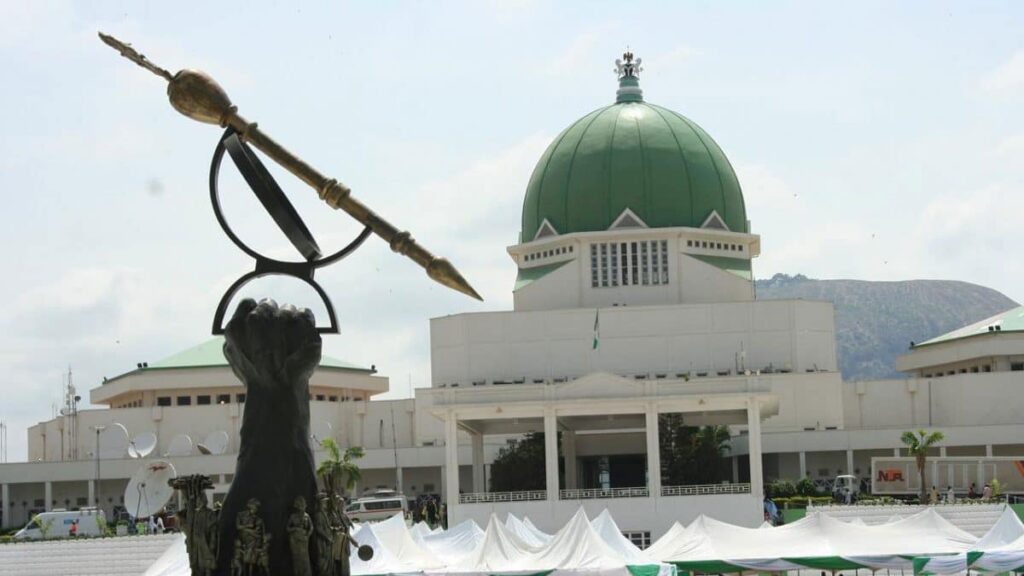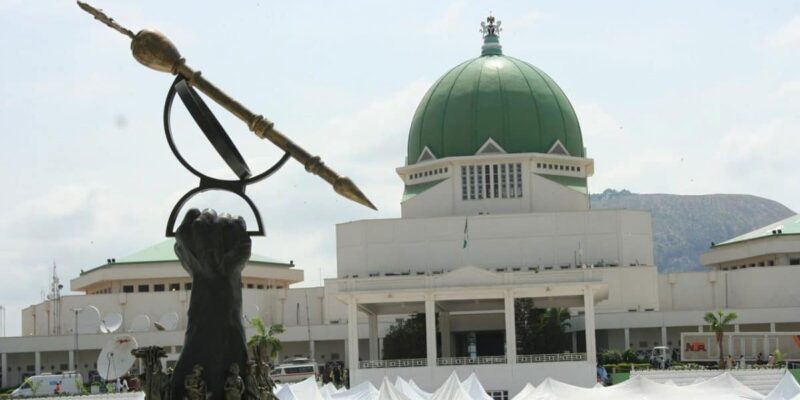
Abuja — Civic tech organisation BudgIT has raised alarm over the alleged insertion of 11,122 questionable projects valued at N6.93 trillion into Nigeria’s 2025 budget by members of the National Assembly. The group described the development as a gross abuse of legislative power, accusing lawmakers of hijacking the budget process for personal and political gain.
In a statement released Tuesday and made available to Vanguard, BudgIT revealed that the padded projects—many of which were not proposed by the executive arm—signal a disturbing shift from isolated irregularities to a deeply entrenched culture of fiscal manipulation within the legislature.
According to BudgIT, 238 of the inserted projects each exceed N5 billion in value, totaling N2.29 trillion, and were added with minimal or no justification. In addition, 984 projects amounting to N1.71 trillion and 1,119 others within the N500 million to N1 billion range—collectively worth N641.38 billion—were inserted with no clear alignment to national priorities.
“These projects appear designed to serve narrow political interests and personal enrichment, rather than the genuine needs of Nigerian citizens,” BudgIT said.
Further analysis showed that 3,573 of the projects, valued at N653.19 billion, were assigned directly to federal constituencies, while 1,972 projects worth N444.04 billion were allocated to senatorial districts.
Some of the more glaring insertions include:
1,477 streetlight projects valued at N393.29 billion,
538 borehole projects totaling N114.53 billion,
2,122 ICT-related projects worth N505.79 billion,
And N6.74 billion earmarked for the “empowerment of traditional rulers”.
BudgIT also highlighted that 39% of all inserted projects—totaling 4,371 and worth N1.72 trillion—were forced into the Ministry of Agriculture’s budget, ballooning its capital allocation from N242.5 billion to a staggering N1.95 trillion.
Other ministries also saw significant inflation: the Ministry of Science and Technology’s capital budget surged by N994.98 billion, while that of Budget and Economic Planning rose by N1.1 trillion.
Even more troubling, according to BudgIT, is the apparent misuse of smaller agencies like the Nigerian Building and Road Research Institute (Lagos) and the Federal Cooperative College, Oji River, as conduits for these politically motivated projects. These institutions, BudgIT claims, lack the technical capacity to execute such projects.
For instance, the Federal Cooperative College, Oji River—a training institution—was assigned N3 billion for utility vehicles, N1.5 billion for rural electrification in Rivers State, and N1 billion for solar streetlights in Enugu State.
“These agencies are being pushed beyond their mandates, implementing projects that have little to no relevance to their core responsibilities, thereby adding no real value to national development,” BudgIT noted.
Despite the severity of the findings, the organisation criticised the silence of the Presidency and other federal institutions. BudgIT disclosed that it had written to the Presidency, the Budget Office, and the National Assembly during the third and fourth quarters of 2024 as part of its “The Budget is a Mess” campaign, but none of the institutions responded or took accountability.
Reacting to the findings, BudgIT’s Country Director, Gabriel Okeowo, described the situation as “an assault on fiscal responsibility,” warning that unchecked project insertions threaten the credibility of the national budget and divert essential resources away from critical developmental needs.
“Nigeria cannot afford a government of projects without purpose,” Okeowo said. “We must return to transparency, constitutional clarity, and evidence-based planning that prioritises the welfare of citizens over political agendas.”
BudgIT urged President Bola Ahmed Tinubu to take decisive steps toward reforming the budgetary process and aligning spending with the Medium-Term National Development Plan (2021–2025).
The organisation also called on the Attorney General of the Federation to seek a Supreme Court interpretation of the National Assembly’s appropriation powers, especially its authority to insert new capital projects without executive concurrence.
In addition, BudgIT appealed to anti-corruption agencies—the EFCC and ICPC—to investigate the inserted projects and ensure accountability.
“This is more than financial recklessness,” BudgIT stressed. “It’s a question of justice, equity, and the future of governance in Nigeria. The 2025 budget must reflect the needs of the people, not the desires of a privileged few.”

Comments